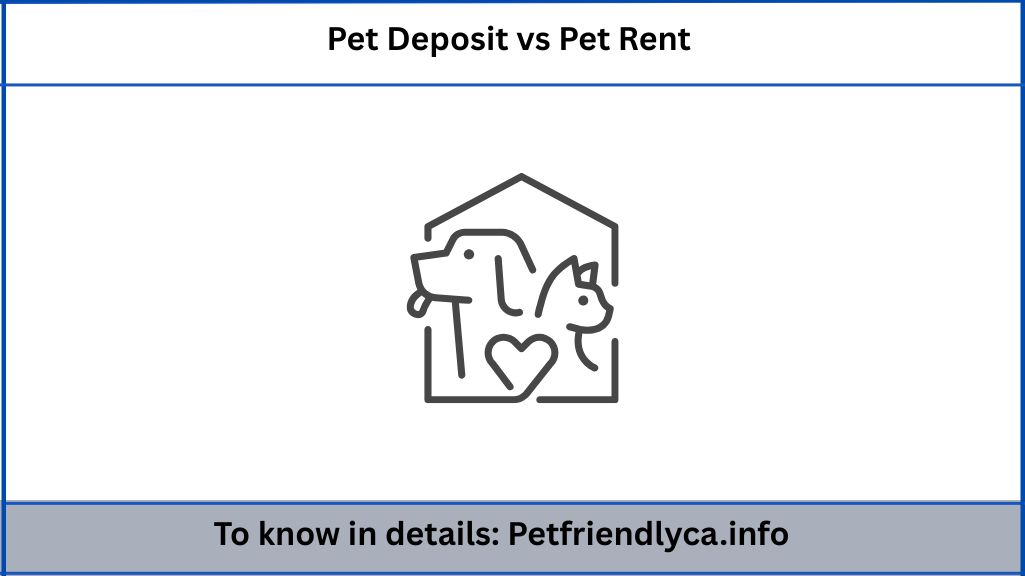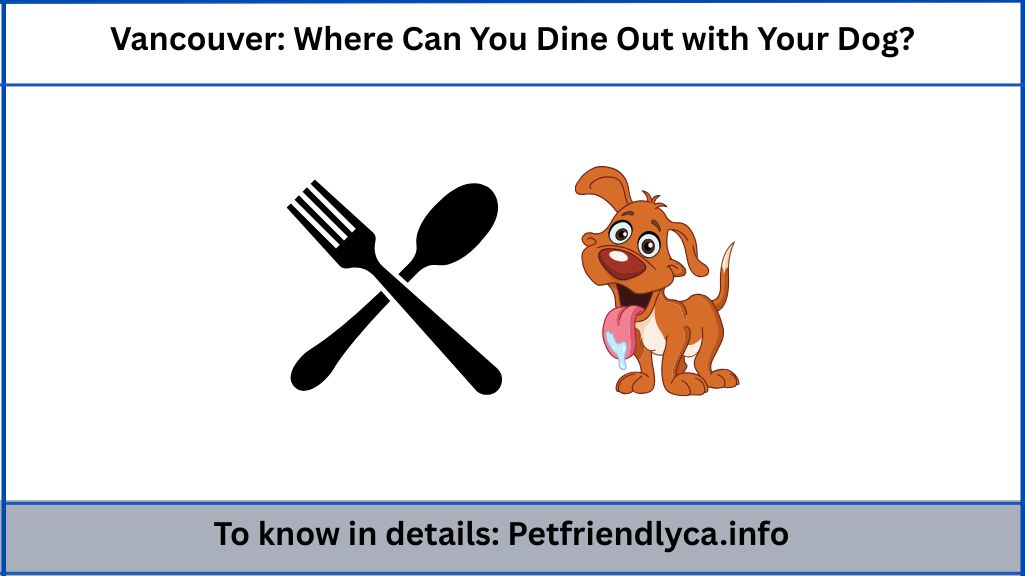In Ontario, you cannot bring your pet dog into grocery stores. Only qualified service dogs are legally permitted inside food premises under specific conditions. This guide breaks down Ontario’s laws, exceptions, and what both dog owners and business owners need to know.
🏛️ What the Law Says: Ontario Regulation 493/17
Ontario’s Food Premises Regulation (O. Reg. 493/17)—enforced under the Health Protection and Promotion Act (HPPA)—is clear:
“Every operator of a food premise shall ensure that live animals are not permitted… where food is manufactured, processed, prepared, handled, served, displayed, stored, sold or offered for sale.” — Section 14, O. Reg. 493/17
❗ Exception: Service Dogs
The only animals legally allowed inside a grocery store or restaurant food area are service dogs. However, even service dogs are not permitted in food preparation areas like kitchens or back stockrooms.
🐕 What Qualifies as a Service Dog in Ontario?
A service animal is defined under the Accessibility for Ontarians with Disabilities Act (AODA). According to Ontario Regulation 191/11, Section 80.45:
An animal qualifies as a service animal if:
- It is visibly identifiable as a service animal (e.g., wearing a vest or harness), OR
- The person provides a letter from a regulated health professional confirming they require the animal for reasons related to a disability.
No formal certification or licensing is required in Ontario—self-trained service dogs are valid as long as they perform specific, helpful tasks related to a disability.
🆚 Service Dog vs. Emotional Support Animal (ESA)
There is a legal difference:
| Feature | Service Dog | Emotional Support Animal |
|---|---|---|
| Legally protected in stores? | ✅ Yes | ❌ No |
| Trained to perform tasks? | ✅ Yes (e.g., guiding, alerting) | ❌ Not necessarily |
| Requires medical note? | ✅ Yes, if not visibly obvious | ✅ Yes, but no legal access |
| Access to food premises? | ✅ Yes | ❌ No |
Emotional support animals are not legally permitted in Ontario grocery stores.
🛒 Grocery Stores’ Rights and Responsibilities
✔️ Stores Must Allow Service Dogs (With Limits)
Under the AODA, grocery stores and other public-facing businesses must allow service animals into areas open to the public, like:
- Store aisles
- Entrances/exits
- Checkouts
They do not have to allow animals into:
- Kitchens
- Food prep areas
- Storage rooms
🗣️ What Can a Store Ask You?
Store staff can legally ask only two questions if it’s not obvious your dog is a service animal:
- “Is this a service animal required due to a disability?”
- “What task or function does it perform?”
They cannot ask about:
- The nature of your disability
- Medical documentation (unless the dog isn’t clearly marked)
Tip: If your dog isn’t wearing a vest or harness, carry a doctor’s note or letter from a regulated professional (e.g., doctor, nurse, therapist, social worker).
🧑⚖️ Enforcement & Penalties
👮♂️ Who Enforces the Rules?
- Local Public Health Units enforce Regulation 493/17.
- They conduct inspections and investigate complaints about animals in grocery stores.
💵 Penalties for Non-Compliance:
- Businesses may receive warnings, fines, or orders to comply if they allow non-service animals in food areas.
- Falsely claiming a pet is a service animal may lead to legal consequences under fraud or misrepresentation laws.
👩🦯 Tips for Service Dog Handlers
- Ensure your dog is well-behaved: Barking, lunging, or not responding to commands can get your dog removed from the premises.
- Make the role obvious: A vest or ID tag isn’t legally required, but it helps avoid awkward confrontations.
- Have documentation ready: Especially if your service dog is small, doesn’t wear a vest, or looks like a companion pet.
🐾 Tips for Pet Owners
If your dog is not a service animal, here are your options:
- Use curbside pickup or delivery.
- Shop at pet-friendly stores (some hardware, clothing, or outdoor retailers).
- Never leave your dog tied up outside a grocery store—it can lead to theft, weather exposure, or accidental harm.
❓ Frequently Asked Questions (FAQ)
Can I bring my dog into a grocery store in Ontario?
No, unless it is a qualified service dog. Regular pets are not allowed inside food premises.
Do I need a special license or certification for my service dog?
No. In Ontario, service dogs do not need formal certification. A vest or a note from a health professional is sufficient.
Are emotional support animals allowed?
No. Emotional support animals do not have legal access rights under Ontario’s food safety laws.
Can stores deny entry to a service dog?
Only if the dog is disruptive, aggressive, or poses a health risk. They may not deny entry solely because the dog is present.
What happens if I bring a non-service dog in anyway?
You may be asked to leave, and the store could face fines or citations if they allow it to continue.
✅ Summary: Know the Rules Before You Shop
| Question | Answer |
|---|---|
| Can I bring my pet dog to Sobeys or Loblaws? | ❌ No |
| What about my guide dog or PTSD support dog? | ✅ Yes, if trained and necessary |
| Can staff ask for proof? | ✅ Yes, but only limited questions |
| Are emotional support dogs allowed? | ❌ No |
Whether you’re a dog owner or store operator, it’s essential to understand Ontario’s rules around animals in food premises. Respect the law, protect public health, and support accessibility.


